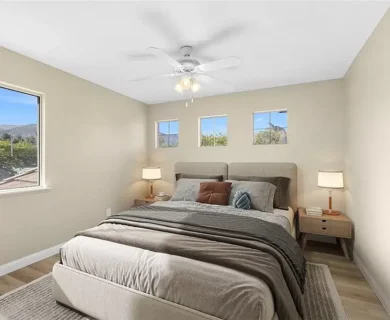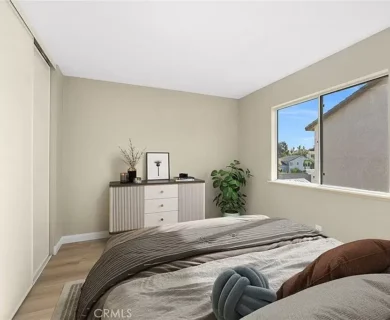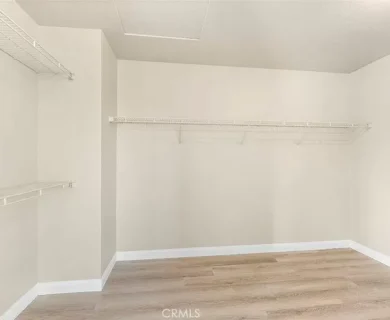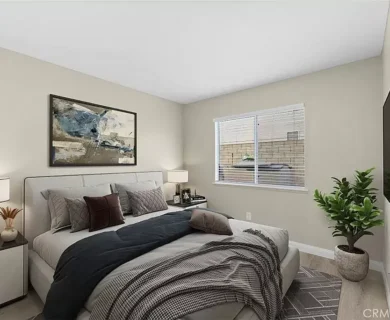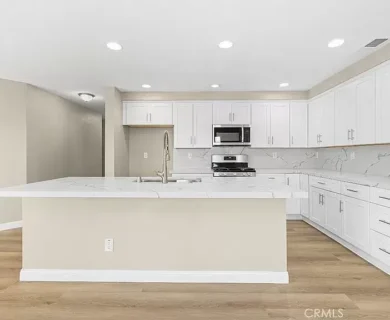
Deciding to enter a residential treatment program is one of the most courageous and life-changing choices a person struggling with drug or alcohol addiction can make. It often marks the first real step toward recovery and lasting sobriety. But for many, the idea of checking into a treatment facility brings up questions and fears. What will the daily schedule look like? Will I have privacy? What therapies will I experience? How long will I be there?
At West Coast Detox, we understand these concerns. That’s why we’ve created this comprehensive guide to help you understand exactly what to expect in a residential treatment program. By knowing what lies ahead, you can enter the process with confidence, ready to focus on what matters most—your recovery.
What Is a Residential Treatment Program?
A residential treatment program, sometimes called inpatient rehab, is a structured, live-in environment where individuals receive around-the-clock care and support for substance use disorders.
Unlike outpatient programs, which allow clients to return home after treatment sessions, residential rehab provides a safe, substance-free space that minimizes triggers and distractions.
This level of care is especially helpful for individuals who:
- Have struggled with repeated relapses.
- Are dealing with severe substance dependence.
- Require medical support during detox.
- Have co-occurring mental health conditions such as anxiety, depression, or trauma.
By living at the facility, clients are immersed in recovery 24/7, allowing them to focus fully on healing without outside pressures.
The Admissions Process
The journey into residential treatment typically begins with an admissions assessment. At West Coast Detox, we take the time to get to know each client’s unique background, medical history, and goals for treatment. This often includes:
- A clinical and medical evaluation.
- A psychological assessment for co-occurring disorders.
- A review of past treatment experiences.
- A discussion about family history and support systems.
This information allows our clinical team to create an individualized treatment plan tailored to your needs. From the moment you arrive, you’ll know that your recovery journey is designed specifically for you.
Medical Detox: The First Step
For many clients, the first stage of residential treatment is medical detox. Detox is the process of clearing drugs and alcohol from the body in a safe, supervised environment. Withdrawal can be uncomfortable—and in some cases, dangerous—so medical oversight is essential.
At West Coast Detox, our medical team provides 24/7 monitoring and uses medications when necessary to ease withdrawal symptoms. Just as importantly, we strive to keep clients as comfortable as possible during this transition. Detox usually lasts between a few days and a week, depending on the substances used and the severity of dependence.
Once detox is complete, clients are physically stabilized and ready to begin the deeper work of recovery.

The Daily Schedule in Residential Treatment
Structure is a cornerstone of successful recovery. At first, the idea of a daily schedule may seem overwhelming, but most clients quickly discover that routine brings stability and comfort.
A typical day in residential treatment might include:
- Morning: Wake-up, meditation or light exercise, and a nutritious breakfast.
- Mid-Morning: Group therapy or an educational session.
- Afternoon: Individual therapy, skills training, or holistic practices like yoga or art therapy.
- Evening: Dinner followed by a support group meeting, reflection, or relaxation time.
- Night: Personal downtime, journaling, or quiet activities before lights out.
This blend of therapy, education, and personal time helps clients work on recovery while also restoring balance to their lives.
Get Your Questions Answered
Reach out today to get the answers you need about drug and alcohol detox. Our compassionate team is here to guide you through every step of the process and help you take the first step toward recovery.
Types of Therapy You’ll Experience
Residential treatment programs use a wide range of therapeutic approaches. At West Coast Detox, our goal is to help clients uncover the root causes of their addiction and build new coping skills. Some of the therapies you can expect include:

Individual Therapy
One-on-one counseling allows clients to work through personal challenges, trauma, and mental health concerns in a safe, confidential environment. Therapists may use methods such as cognitive behavioral therapy (CBT) or dialectical behavior therapy (DBT) to help reframe negative thought patterns and develop healthier behaviors.
Group Therapy
In group therapy sessions, clients connect with peers who are experiencing similar struggles. Sharing stories and listening to others fosters connection, reduces feelings of isolation, and provides valuable feedback.
Family Therapy
Addiction affects more than the individual—it impacts the entire family system. Family therapy sessions provide a space for loved ones to heal, rebuild trust, and learn how to support recovery.
Holistic Therapies
At West Coast Detox, we also integrate holistic approaches such as yoga, mindfulness, meditation, and art therapy. These practices promote relaxation, emotional regulation, and self-awareness.
Education and Life Skills
A critical part of residential rehab is preparing for life after treatment. Clients often attend workshops and educational sessions on topics like:
- Relapse prevention strategies.
- Stress management and coping skills.
- Healthy relationships and communication.
- Nutrition and wellness.
- Goal-setting and planning for the future.
By the time clients leave treatment, they have not only achieved sobriety but also gained practical tools to navigate daily life in recovery.
Privacy and Accommodations
One of the most common concerns people have is whether they’ll have privacy and comfort in a residential treatment program. At West Coast Detox, we believe the healing environment matters. That’s why we provide comfortable accommodations designed to help clients feel at home while focusing on recovery.
Many luxury residential programs, including ours, offer private or semi-private rooms, comfortable common areas, outdoor spaces, and healthy, chef-prepared meals. These touches ensure clients feel cared for and respected during their stay.
The Importance of Community
Residential rehab is not just about therapy sessions—it’s also about building community. Addiction thrives in isolation, but recovery flourishes in connection. By living alongside others who are also working toward sobriety, clients form supportive bonds that often last long after treatment ends. At West Coast Detox, we emphasize the importance of peer support, whether through group sessions, shared activities, or simply spending time together. This sense of belonging can be a powerful motivator for continued recovery.
How Long Will I Stay?
The length of a residential treatment stay varies based on individual needs. Some programs last 30 days, while others extend to 60 or 90 days or longer. Research shows that longer stays often lead to better outcomes, as they provide more time to address underlying issues and develop new coping strategies. During the admissions process, our team will recommend a treatment length based on your specific circumstances. We also remain flexible, adjusting the plan as progress is made.

Transitioning Out of Residential Treatment
Residential treatment is a critical first step, but recovery doesn’t end there. Before discharge, clients work with our team to create a personalized aftercare plan. This may include:
- Stepping down into an outpatient or intensive outpatient program (IOP).
- Continuing therapy with a counselor.
- Attending support groups such as AA or NA.
- Exploring sober living housing.
This continuity of care ensures clients have the ongoing support they need to stay on track after leaving the structured environment of residential rehab.
Common Fears About Residential Treatment
It’s normal to feel nervous about entering residential treatment. Some of the most common concerns we hear include:
- “Will I be cut off from my family?” – While treatment encourages focus, most programs allow communication with loved ones through visits, calls, or family therapy sessions.
- “Will I lose my job?” – Many people qualify for medical leave protections under the FMLA, which ensures their job is protected while they receive treatment.
- “Will people judge me?” – Seeking help is a sign of strength, not weakness. At West Coast Detox, clients are treated with compassion, respect, and dignity.
Knowing that these fears are common—and surmountable—can help reduce anxiety about starting treatment.
Why Choose West Coast Detox?
At West Coast Detox, we combine medical expertise, evidence-based therapies, and compassionate care in a comfortable, healing environment. Our residential treatment program is designed to meet you where you are, provide the tools you need, and walk alongside you as you build a new life in recovery.
We know that every client is unique, which is why we tailor treatment plans to individual needs, ensuring that no one feels like just a number. From detox to aftercare, we’re committed to helping you achieve long-term sobriety and renewed hope.
Final Thoughts
Choosing to enter a residential treatment program can feel overwhelming, but it is one of the most powerful decisions you can make for yourself and your loved ones. By knowing what to expect—detox, daily schedules, therapy, holistic care, community, and aftercare—you can walk into the process prepared and hopeful.
At West Coast Detox, we are here to support you every step of the way. Recovery is possible, and your journey can start today.





